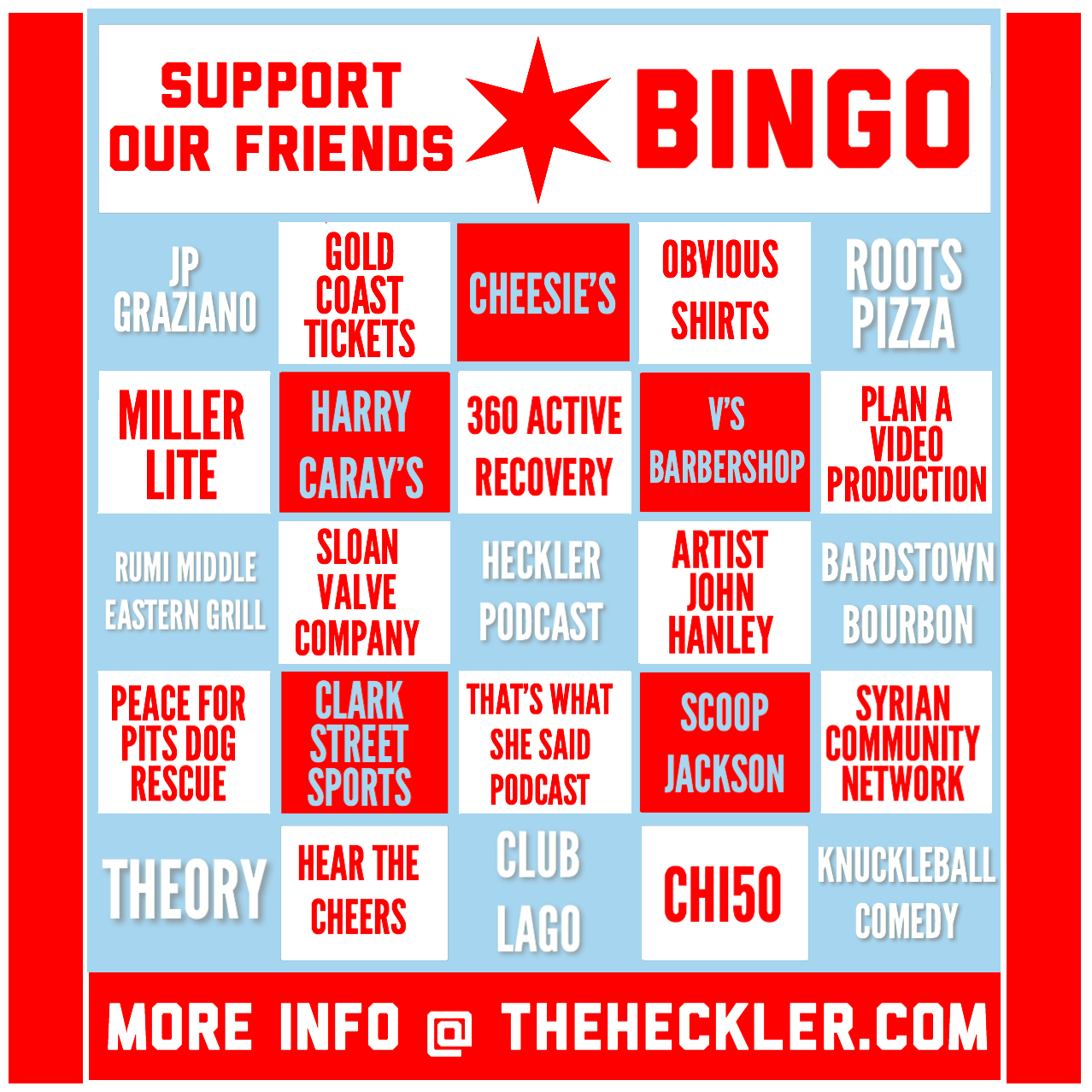Highlife Bingo
| Highlife | |
|---|---|
| Stylistic origins |
|
| Cultural origins | 1870, Gold Coast, British West Africa(modern-day Ghana) |
| Derivative forms | |
Highlife is a music genre that originated in present-day Ghana in the 19th century, during its history as a colony of the British Empire. It uses the melodic and main rhythmic structures of traditional Akan music, but is played with Western instruments. Highlife is characterised by jazzyhorns and multiple guitars which lead the band. Recently it has acquired an uptempo, synth-driven sound.[1][2][3]
Highlife gained popularity among the Igbo people of Nigeria following World War II, taking the guitar riffs of the Akan music that originated in Ghana, mixed and perfected it with their traditional music forming Igbo highlife which became the country's most popular music genre in the 1960s.[4]
The structure of the High Life Bingo bonus is of the straightforward kind where bonus terms apply from the moment of deposit. This makes for a very straight. Min Deposit £10. Rewards from level 1 and above. Max Offer: 15 Daily Free Spins, 12 Daily Free Bingo tickets, and £100 monthly cashback credited in real money. Daily Free spins and daily free bingo tickets are valid for 24 hours. Free Bingo Tickets & Free Spins winnings are credited to your real money balance.


History[edit]
The following arpeggiated highlife guitar part is modeled after an Afro-Cuban guajeo.[5] The pattern of attack-points is nearly identical to the 3-2 clave motif guajeo as shown below. The bell pattern known in Cuba as clave is indigenous to Ghana, and is used in highlife.[6]
It’s almost a stereotype to walk into a retirement community and see seniors playing bingo. While today’s communities offer more than a weekly game of Bingo, it turns out that Bingo may actually be good for your health. Learn more about why seniors love Bingo and how playing Bingo. High Life Bingo Review. When you land at High Life Bingo you might soon find yourself suffering a migraine with the flashing lights, it is certainly an ‘active’ homepage. However, whilst the first impressions given tell of the ‘high life’ and plenty of glitz and glamour, is that is what is offered when you login to play?

In the 1920s, Ghanaian musicians incorporated foreign influences like the foxtrot and calypso with Ghanaian rhythms like osibisaba (Fante).[7] Highlife was associated with the local African aristocracy during the colonial period, and was played by numerous bands including the Jazz Kings, Cape Coast Sugar Babies, and Accra Orchestra along the country's coast.[7] The high class audience members who enjoyed the music in select clubs gave the music its name. The dance orchestra leader Yebuah Mensah (E.T. Mensah’s older brother) told John Collins in 1973 that the term 'highlife' appeared in the early 1920s 'as a catch-phrase for the orchestrated indigenous songs played at [exclusive] clubs by such early dance bands as the Jazz Kings, the Cape Coast Sugar Babies, the Sekondi Nanshamang and later the Accra Orchestra. The people outside called it the highlife as they did not reach the class of the couples going inside, who not only had to pay a relatively high entrance fee of about 7s 6d (seven shillings and sixpence), but also had to wear full evening dress, including top-hats if they could afford it.'[8] From the 1930s, Highlife spread via Ghanaian workers to Sierra Leone, Liberia, Nigeria and Gambia among other West African countries, where the music quickly gained popularity.
In the 1940s, the music diverged into two distinct streams: dance band highlife and guitar band highlife. Guitar band highlife featured smaller bands and, at least initially, was most common in rural areas. Because of the history of stringed instruments like the seprewa in the region, musicians were happy to incorporate the guitar. They also used the dagomba style, borrowed from Kru sailors from Liberia, to create highlife's two-finger picking style.[7] Guitar band highlife also featured singing, drums and claves. E.K. Nyame and his Akan Trio helped to popularize guitar band highlife, and would release over 400 records during Nyame's lifetime.[7] Dance band highlife, by contrast, was more rooted in urban settings. In the post-war period, larger dance orchestras began to be replaced by smaller professional dance bands, typified by the success of E.T. Mensah and the Tempos. As foreign troops departed, the primary audiences became increasingly Ghanaian, and the music changed to cater to their tastes. Mensah's fame soared after he played with Louis Armstrong in Accra in May 1956, and he eventually earned the nickname, the 'King of Highlife'.[7] Also important from the 1950s onward was musician King Bruce, who served as band leader to the Black Beats. Some other early bands were, the Red Spots, the Rhythm Aces, the Ramblers and Broadway-Uhuru. E.K.Nyame was famous High Life musician.[9]
Jazz in Ghana and US jazz[edit]
E.T. Mensah and Kofi Ghanaba were important musicians in Ghana. From the late 1950s famous jazz musicians began to visit Ghana, such as Ahmad Jamal and Louis Armstrong who played in Ghana(1956 and 1960). Armstrong’s All Stars member Edmond Hall came to Ghana in 1959 to set up a short lived jazz in Accra.

High Life Binoche Scene
During the 1960s, many Ghanaian bands that played modern jazz. The Dominant Seventh based at the Ambassadors Hotel that played jazz.[10]

- Pianist Randy Weston recorded an album called Highlife in 1963, featuring compositions by West African musicians Bobby Benson ('Niger Mambo') and Guy Warren(Kofi Ghanaba) ('Mystery of Love').
- Saxophonist Pharoah Sanders recorded a song called 'High Life' on Rejoice (1981).
- Guitarist Sonny Sharrock had a song called 'Highlife' on the album of the same name (1990).
- Craig Harris (trombone) had a song called 'High Life' on the album F-Stops (1993)
References[edit]
Highlife Bongs
- ^'Igbo Highlife Music'. Pamela Stitch. 17 July 2011. Archived from the original on 1 October 2014. Retrieved 1 October 2014.
- ^Oti, Sonny (2009). Highlife Music in West Africa. African Books Collective. ISBN978-978-8422-08-2. Archived from the original on 8 October 2020. Retrieved 5 October 2020.
- ^Boyce Davies, Carole (2008). Encyclopedia of the African diaspora: Origins, experiences, and culture. ABC-CLIO, Inc. p. 525. ISBN978-1-85109-700-5. Archived from the original on 8 October 2020. Retrieved 5 October 2020.
- ^'Highlife was the most popular music in 1960 when we gained our independence'. Pulse Nigeria. 1 October 2017. Archived from the original on 29 September 2019. Retrieved 29 September 2019.
- ^Eyre, Banning (2006: 9). 'Highlife guitar example' Africa: Your Passport to a New World of Music. Alfred Pub. ISBN0-7390-2474-4
- ^Peñalosa, David (2010: 247). The Clave Matrix; Afro-Cuban Rhythm: Its Principles and African Origins. Redway, CA: Bembe Inc. ISBN1-886502-80-3.
- ^ abcdeSalm, Steven J.; Falola, Toyin (2002). Culture and Customs of Ghana. Greenwood Publishing Group. pp. 181–185. ISBN9780313320507. Retrieved 30 May 2017.
- ^Collins, John (1986). E. T. Mensah: King of Highlife. London: Off The Record Press. p. 10.
- ^Musicmakers of West 1985 publisher Lynne Rienner Publishers ISBN978-0-89410-075-8
- ^Jazz in Ghana Retrieved 27 January 2021
Highlife Bingo Store
Further reading[edit]
Highlife Bingo App
- Collins, John (1985). Music Makers of West Africa. Washington (DC): Three Continents Press. ISBN0-89410-076-9. also Colorado:Passeggiata Press.
- Collins, John (1992). West African Pop Roots. Philadelphia: Temple University Press. ISBN0-87722-916-3.
- Collins, John (1996). E. T. Mensah King of Highlife. Anansesem. ISBN9-98855-217-3.
- Collins, John (2016). Highlife Giants: West African Dance Band Pioneers. Abuja (Nigeria): Cassava Republic Press. ISBN978-978-50238-1-7.